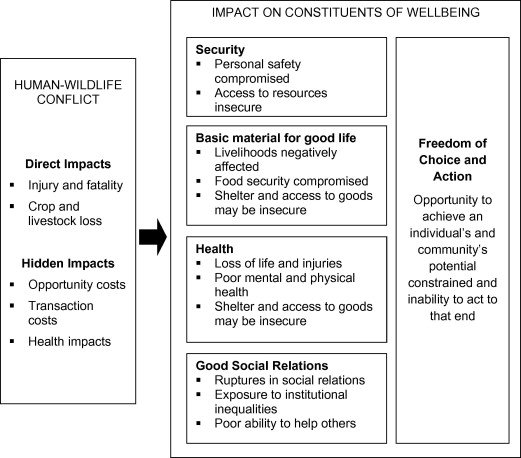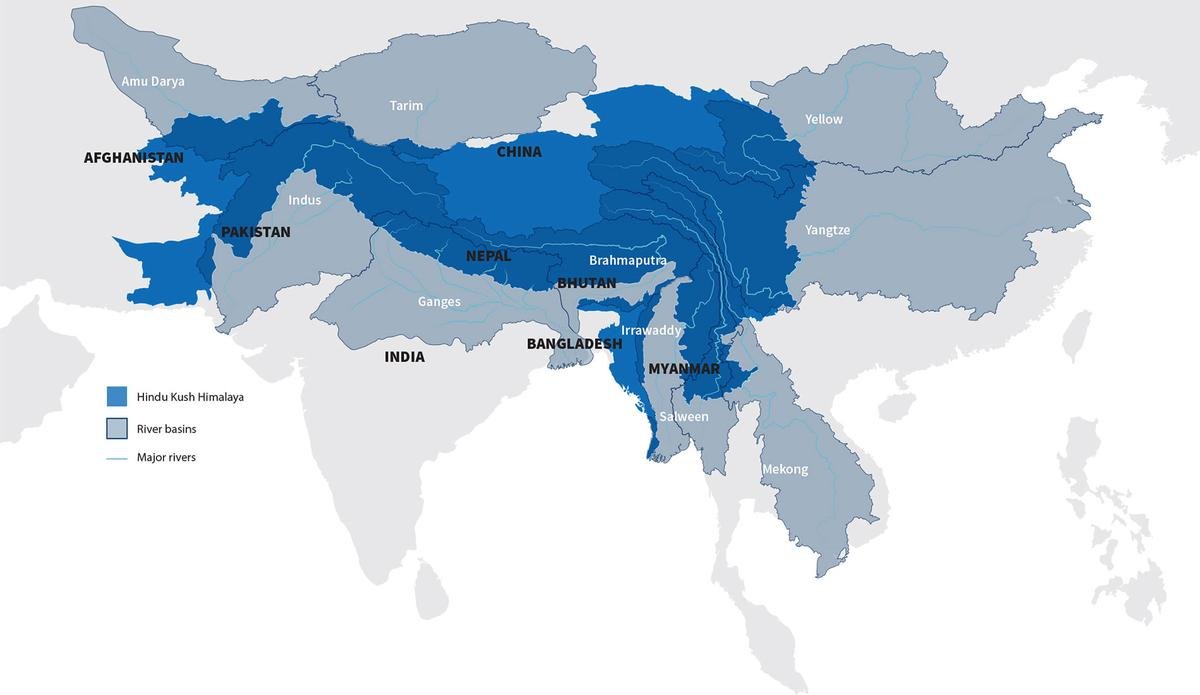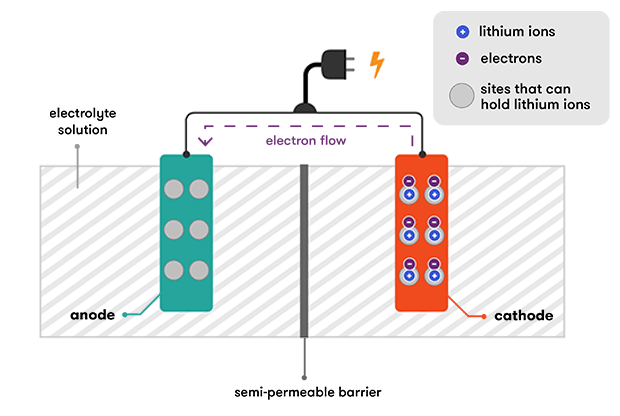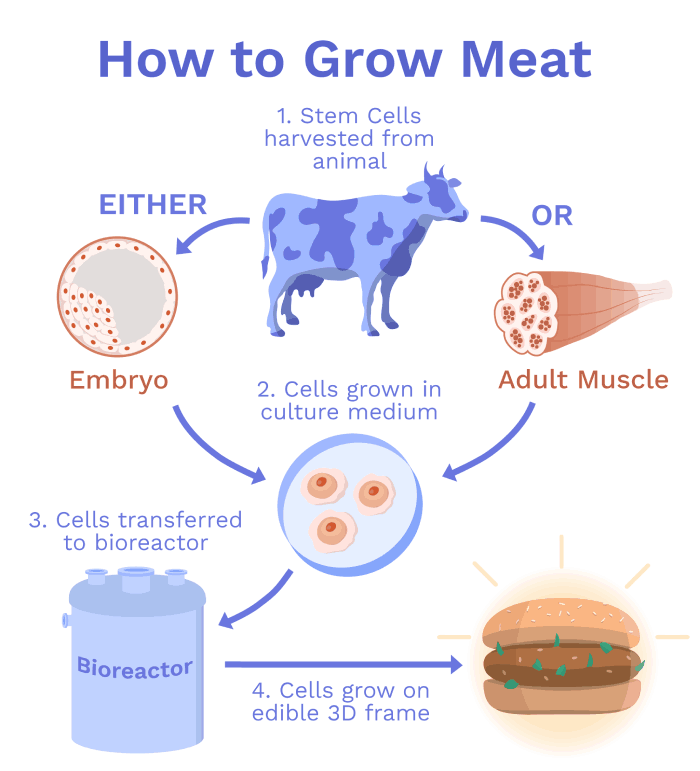
India’s Food Processing Industry
Subscribers of "Current Affairs" course can Download Daily Current Affairs in PDF/DOC
Subscribe to Never Miss an Important Update! Assured Discounts on New Products!
Must Join PMF IAS Telegram Channel & PMF IAS History Telegram Channel
- Context (ET): The exports of the processed food sector rose by 150% in 9 years as per data released by the Ministry of Commerce and Industry.
India’s Food Processing Sector: Key Status
- The Indian Food Processing Industry is the 6th largest in the world.
- The sector contributes approx. 9% to Gross value added (GVA) in the Agriculture sector.
- The sector has the potential to reach $535 billion by 2025.
- Employment: The sector is expected to generate 9 million jobs by 2024.
- Contribution to total exports: The sector contributes approx. 23% of the country’s exports.
- During the last five years ending FY21, the sector has been growing at CAGR of around 8.3%.

Key Drivers for the Growth of India’s Food Processing Sector
- Huge Production base: India ranks 1st in the production of Milk, Ginger, spices, Bananas, and Mangoes and 2nd in the production of Rice, Wheat and other vegetables and fruits.
- Geographical advantage: Diverse agro-climatic zones, soil types, and the largest arable land in the world provide favourable conditions for the growth of the sector.
- Increased demand for processed food due to the socio-economic transition i.e. rising disposable income, changing demographic patterns, rise in nuclear families, working women, etc.
- Rapid growth in Organised retail: Ensuring productivity gains across the supply chain through disintermediation and superior technology. Emergence of tier 1 & 2 cities and “shopping mall culture”.
- Exponential growth of Online food delivery industry: For e.g. Zomato, Swiggy, FoodPanda etc.
- Favourable Government Policies and incentives: For e.g. Relaxation of FDI limits, tax breaks, etc.

Challenges faced by the Sector
- More than 40% of the sector is unorganised in nature.
- Low Agri marketable surplus due to fragmented land holdings, seasonality of the produce, lack of cold chain and significant post-harvest losses, inadequate implementation of the APMC Act, etc.
- Supply chain issues: Long & fragmented supply chain, multiplicity of intermediaries, high logistics costs and inability to compete in the global market. .
- Restricted access to finance due to high risk associated with lack of control over supply chain by farmers and lack of dedicated Venture Capital Fund.
- Innovation deficit: Lack of R&D, inadequate technology transfer from research lab to the industry, inability of small players to invest, inadequate expenditure by government and private sector etc
- Inability to leverage brand value: Deficit of platforms to brand Indian products globally, cases of Phyto-sanitary measures imposed by importing countries constraining market access.
Way Forward
- Institutional reforms such as reforms in the APMCs, land reforms, facilitating credit access, encouraging Farner Producer Organisations (FPOs) etc to attract private investment in agribusiness.
- Restructuring the Essential Commodities Act to provide exemptions to exporters, food processors, and retailers from the applicability of stock limits to enhance output & marketability of the products.
- Maintaining quality standards through requisite infrastructure such as certified testing facilities, training, and information campaigns on standards.
- Creation of an innovation fund to reward innovation in food tech and entrepreneurship.
- Promoting value addition by making available ready-to-cook/eat products and making it more consumer-centric.




![PMF IAS Environment for UPSC 2022-23 [paperback] PMF IAS [Nov 30, 2021]…](https://pmfias.b-cdn.net/wp-content/uploads/2024/04/pmfiasenvironmentforupsc2022-23paperbackpmfiasnov302021.jpg)











